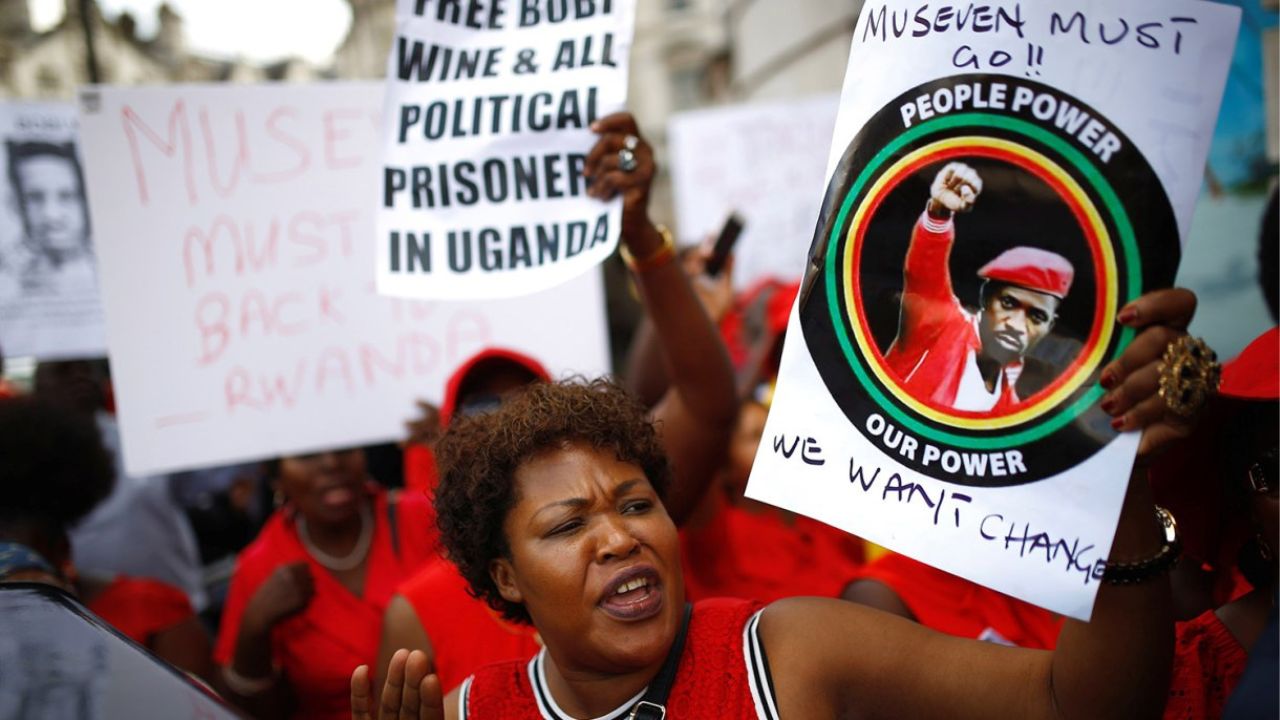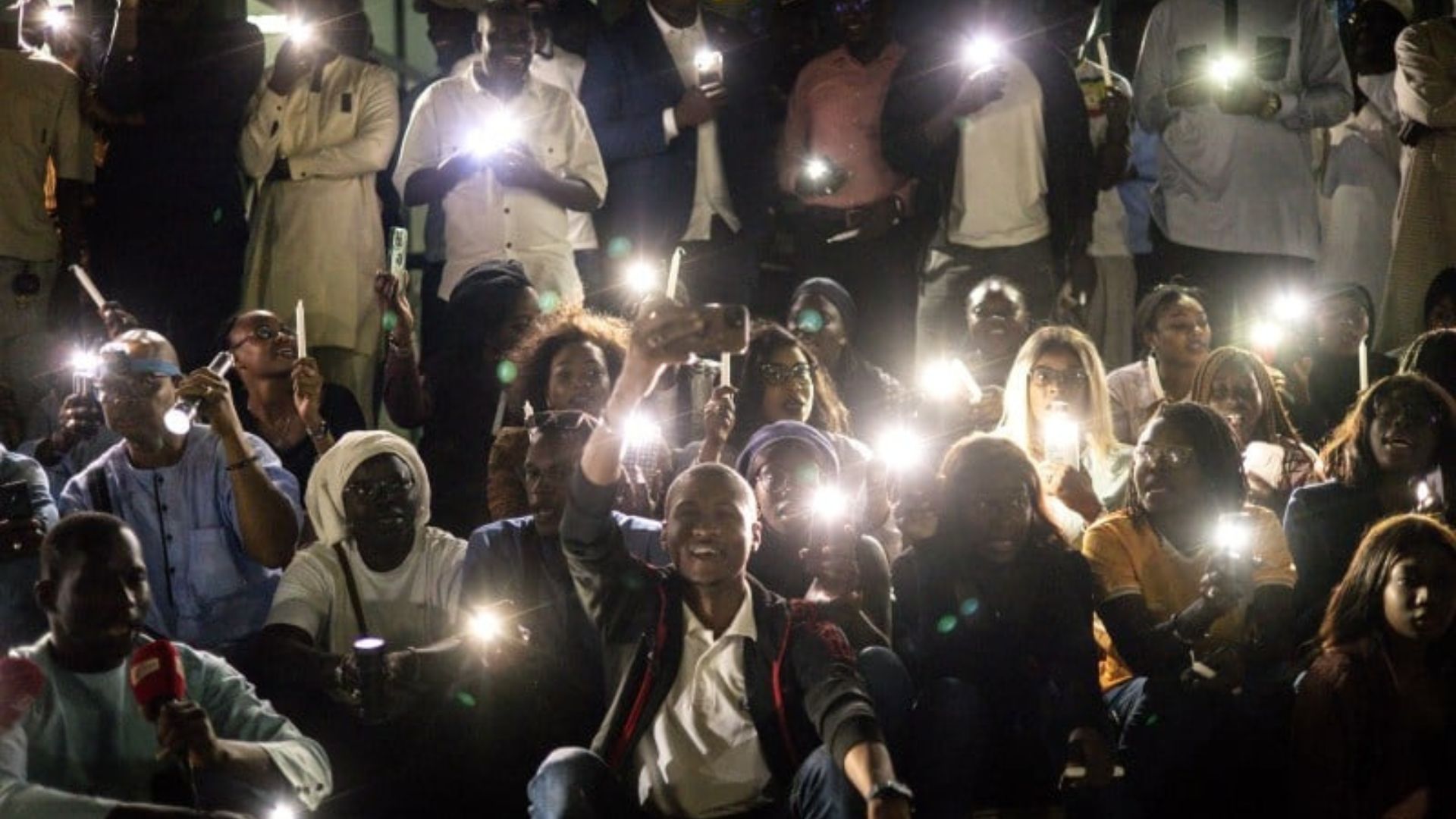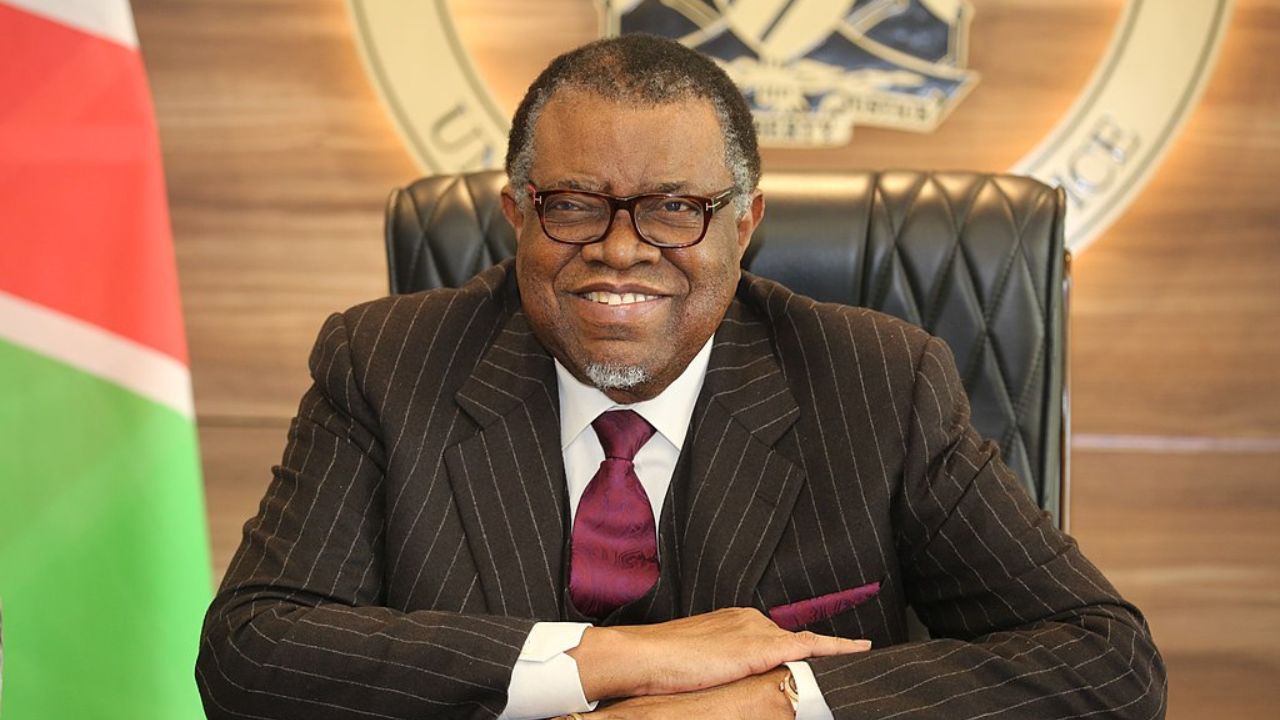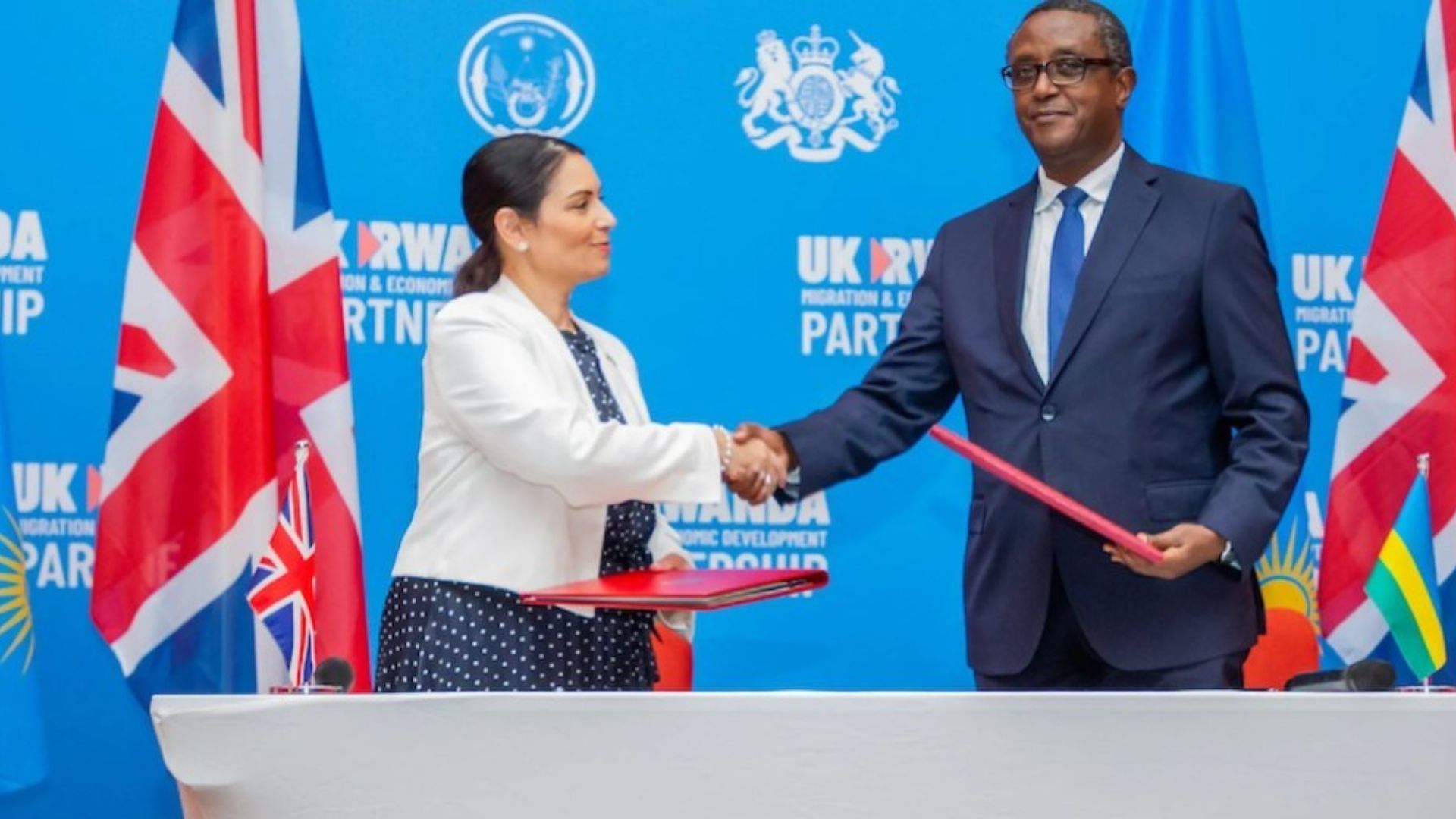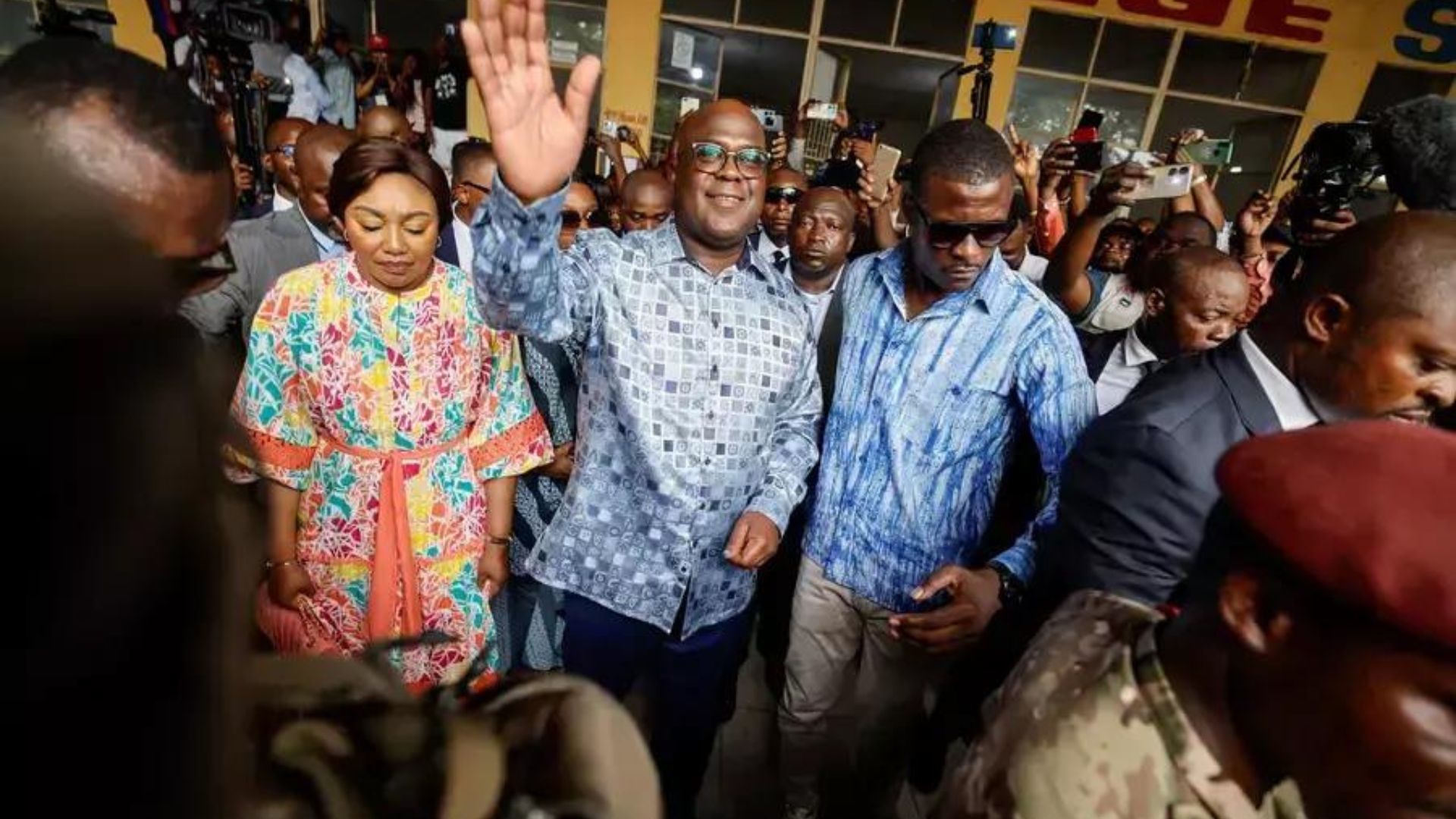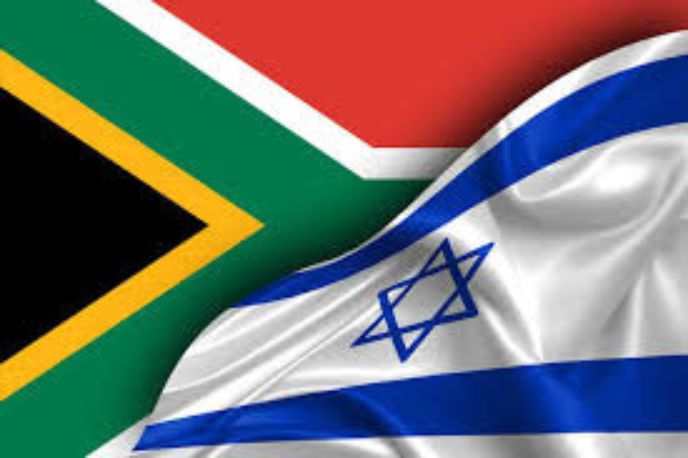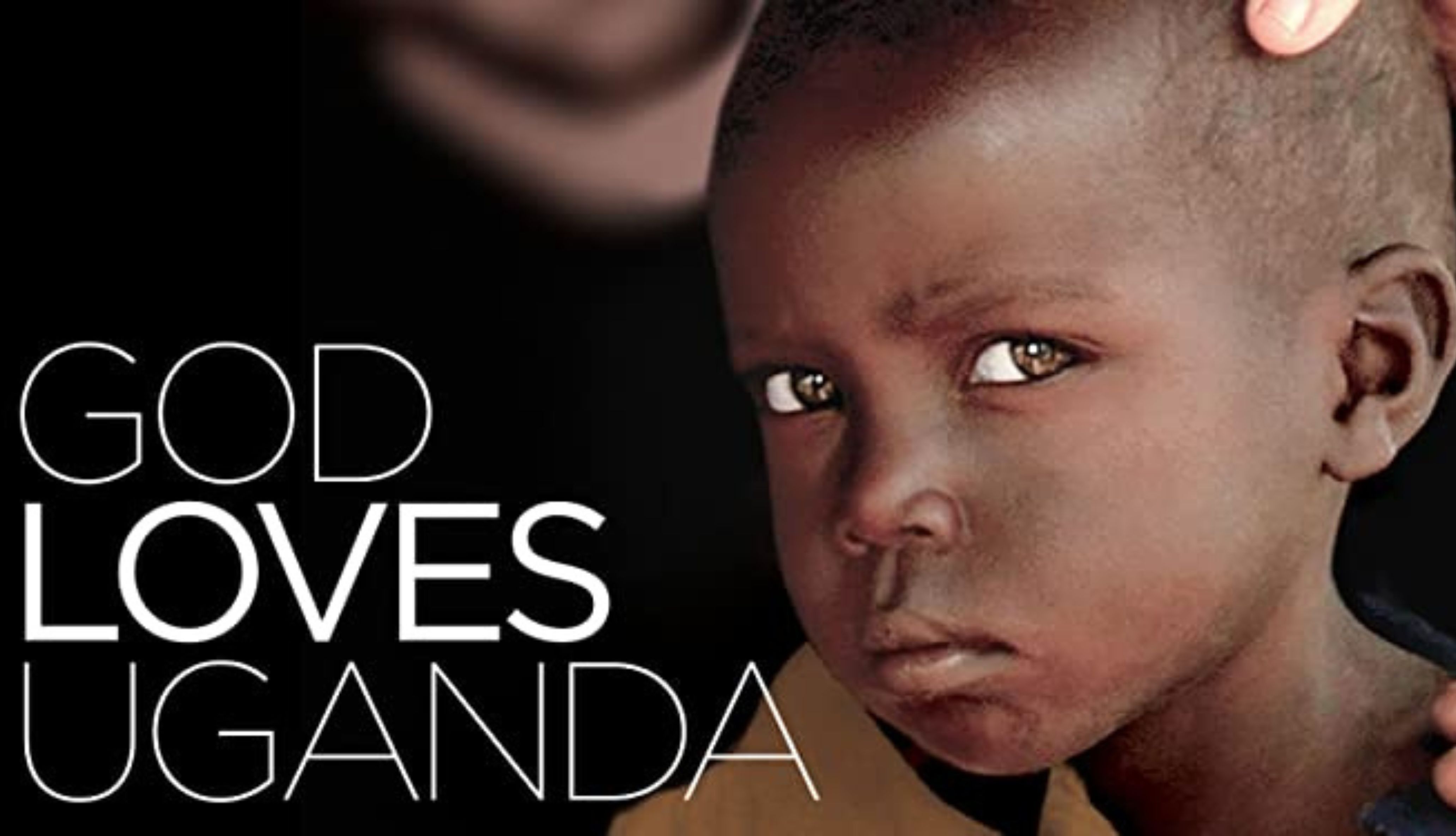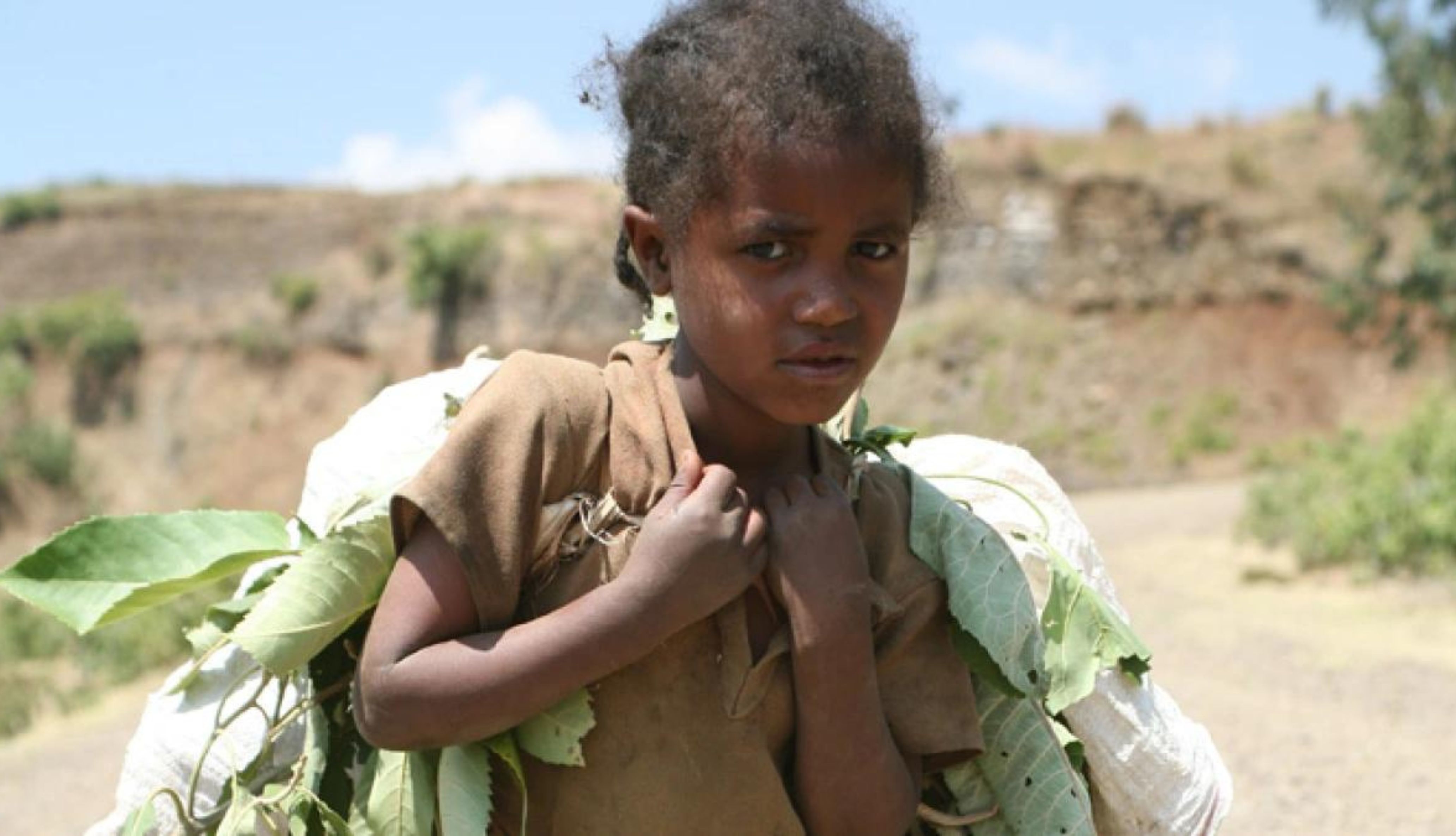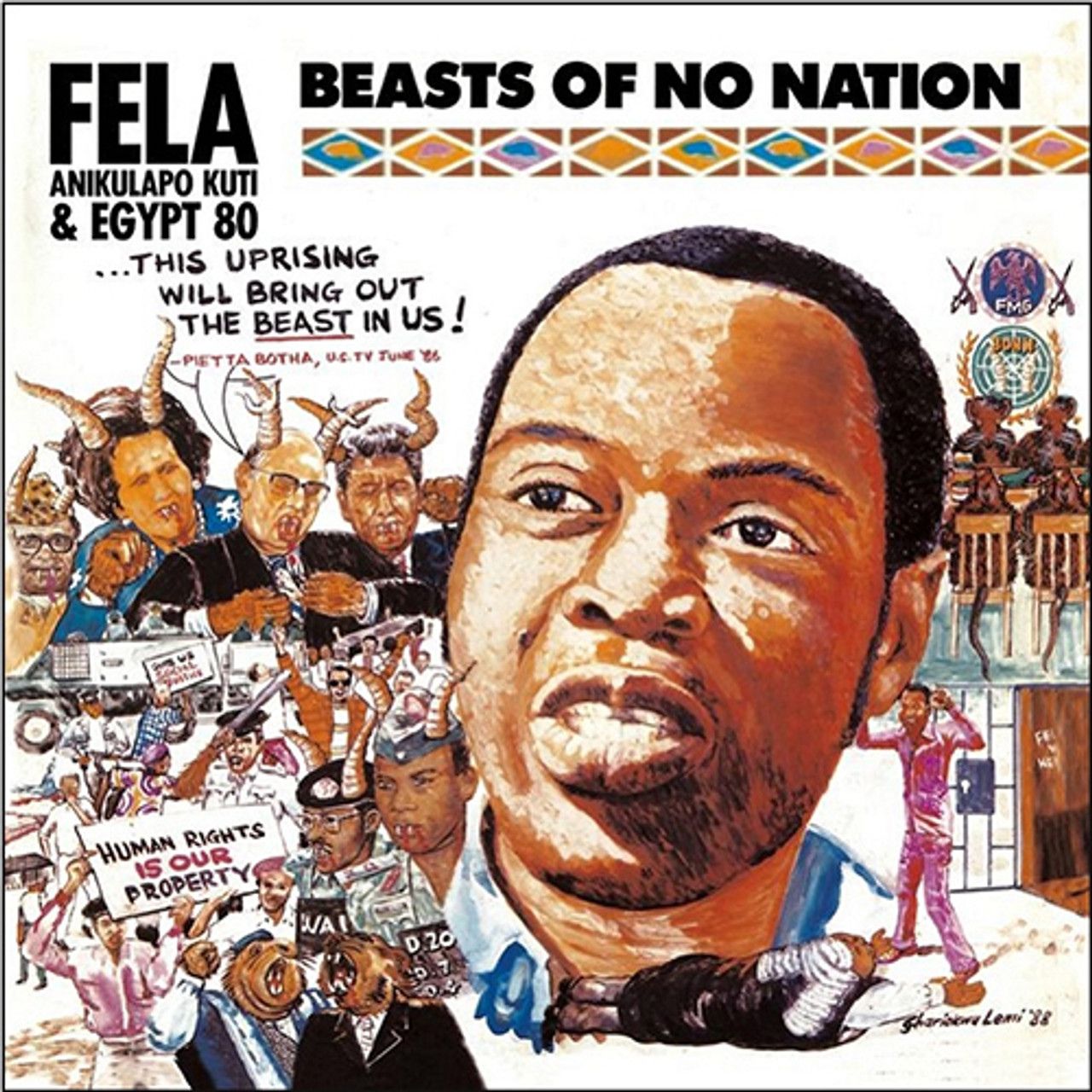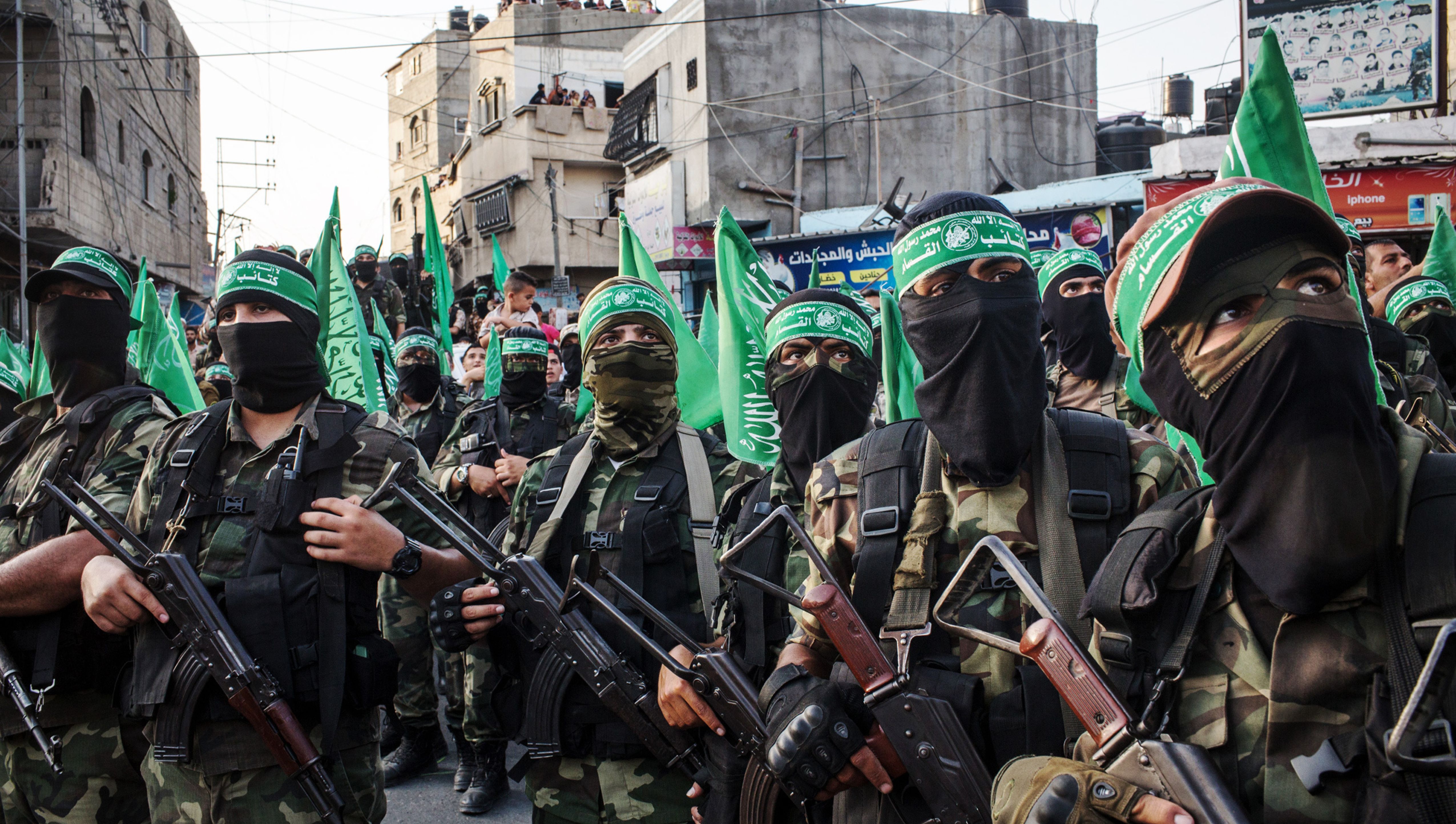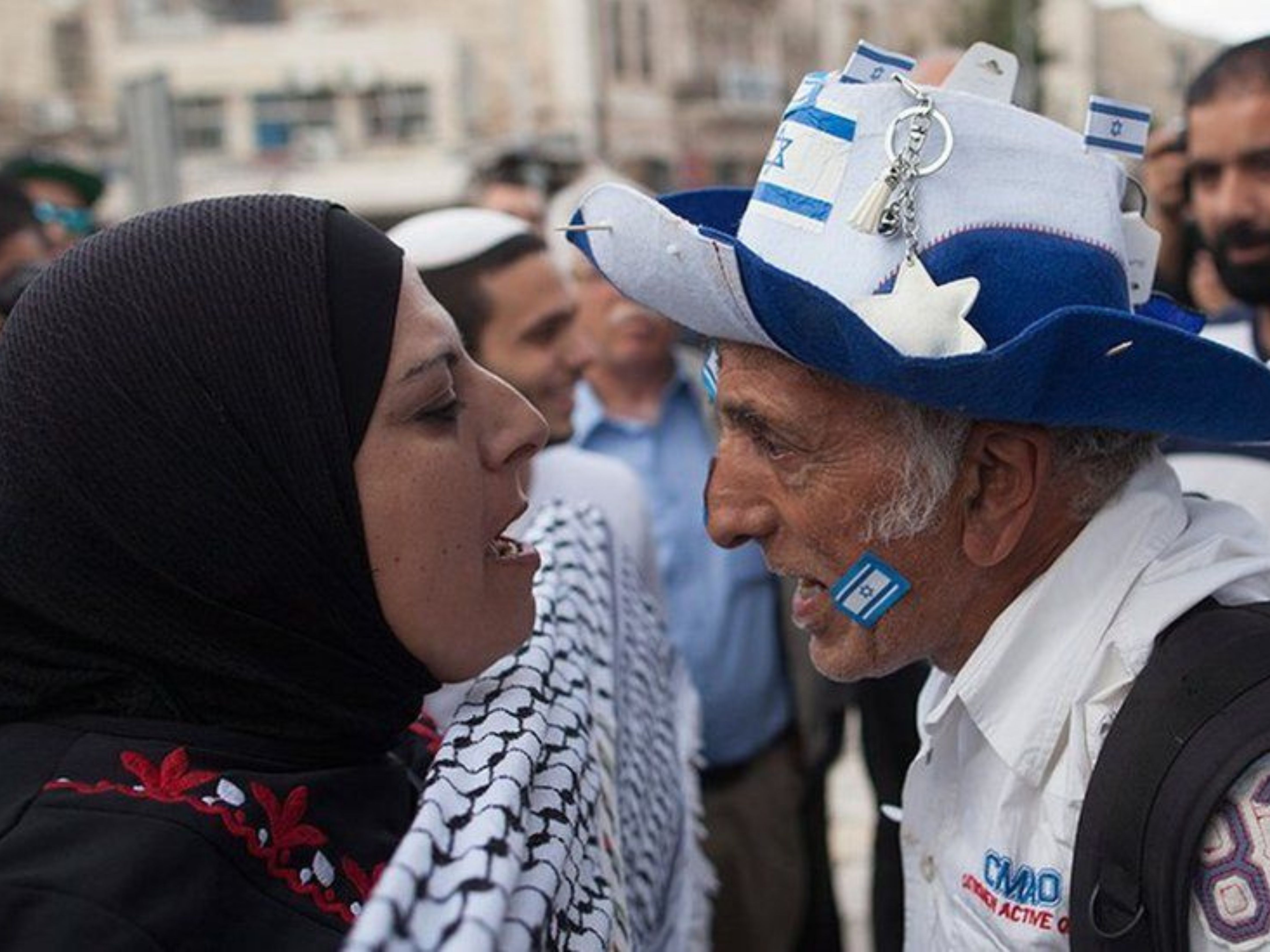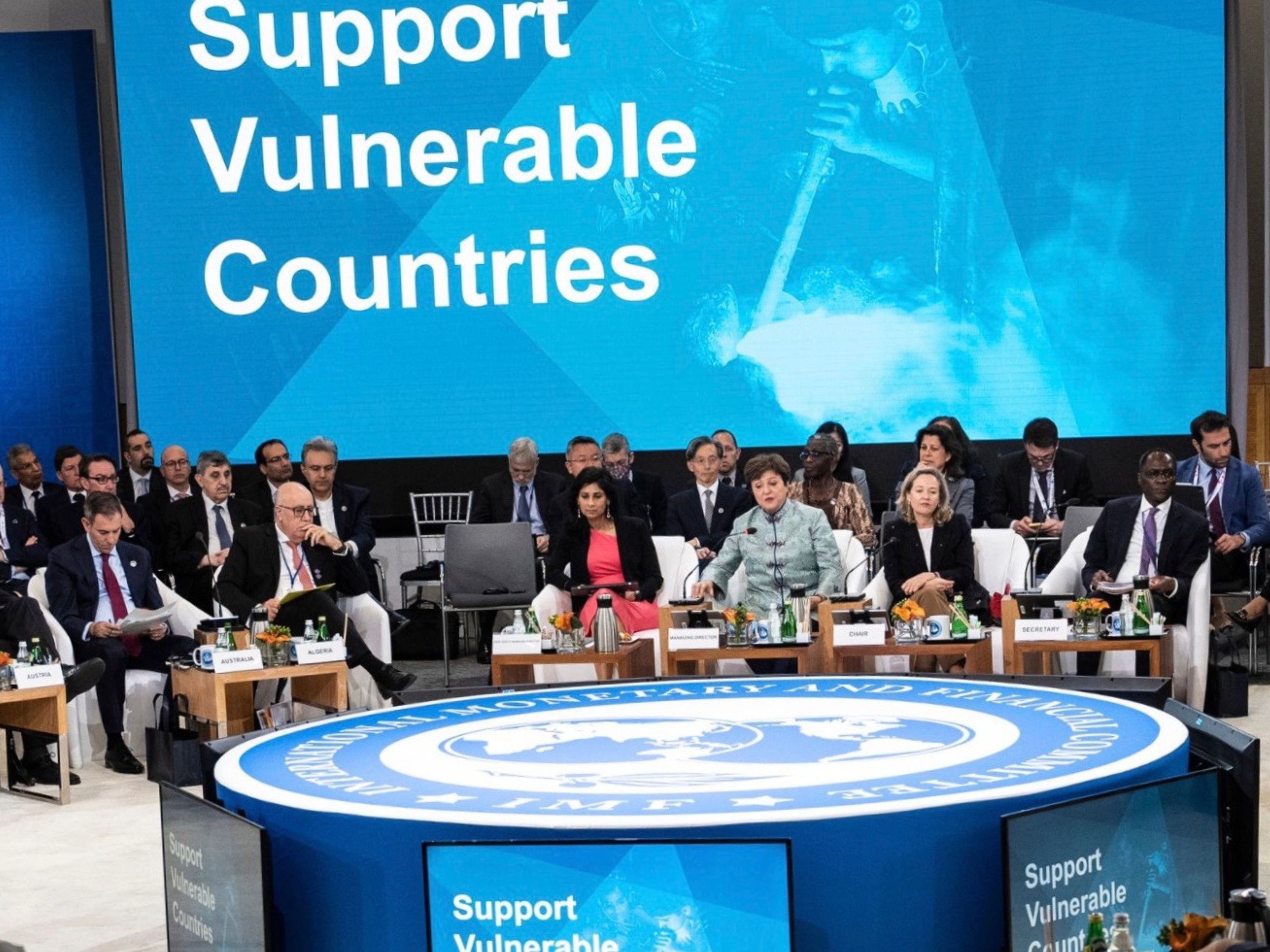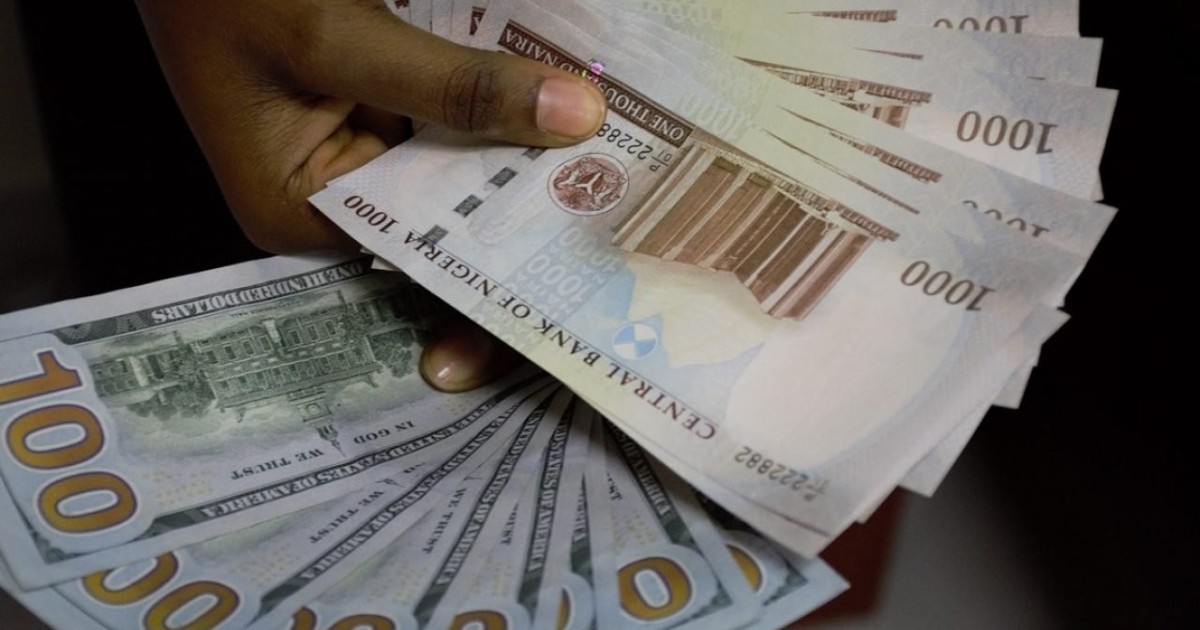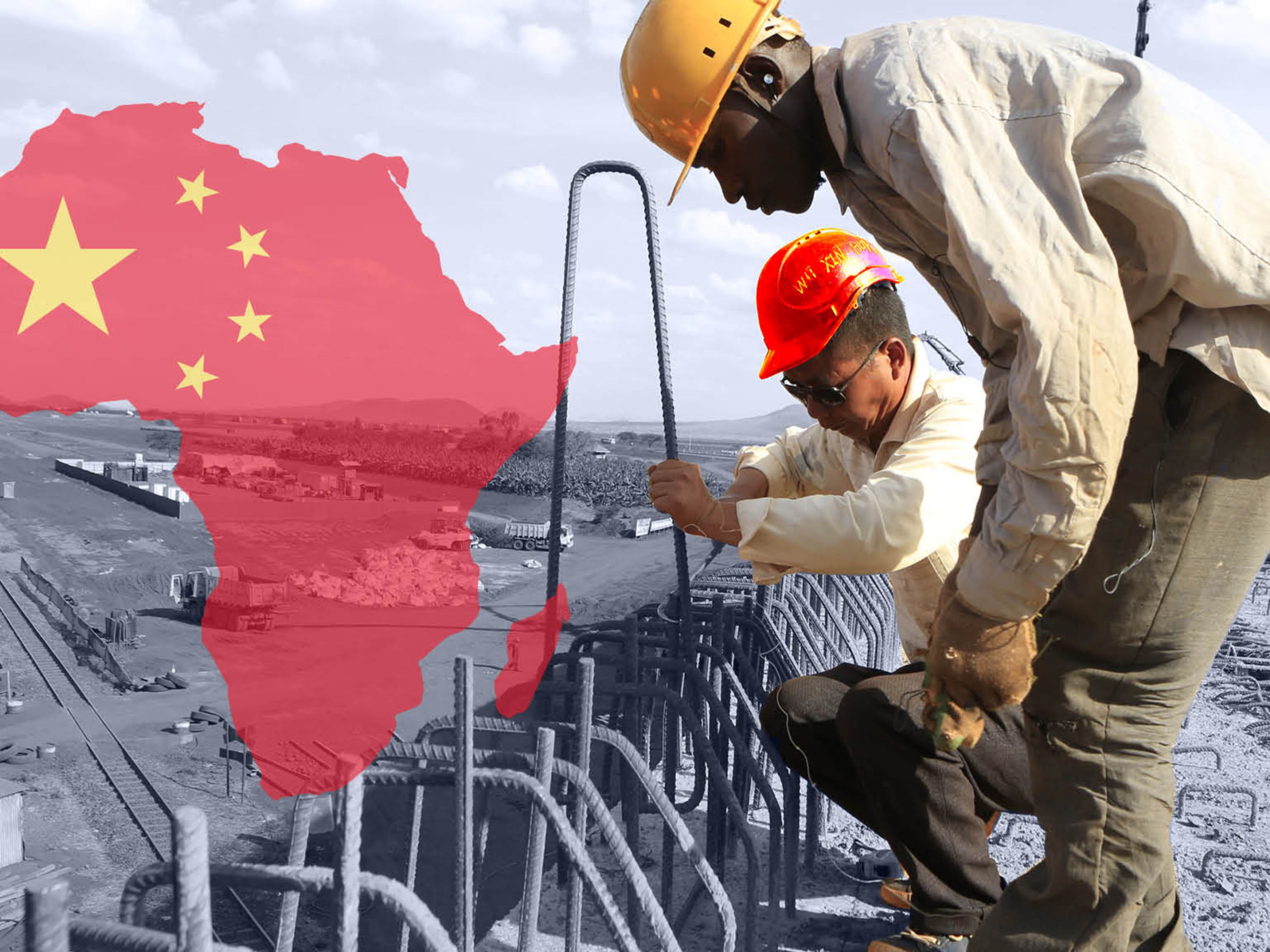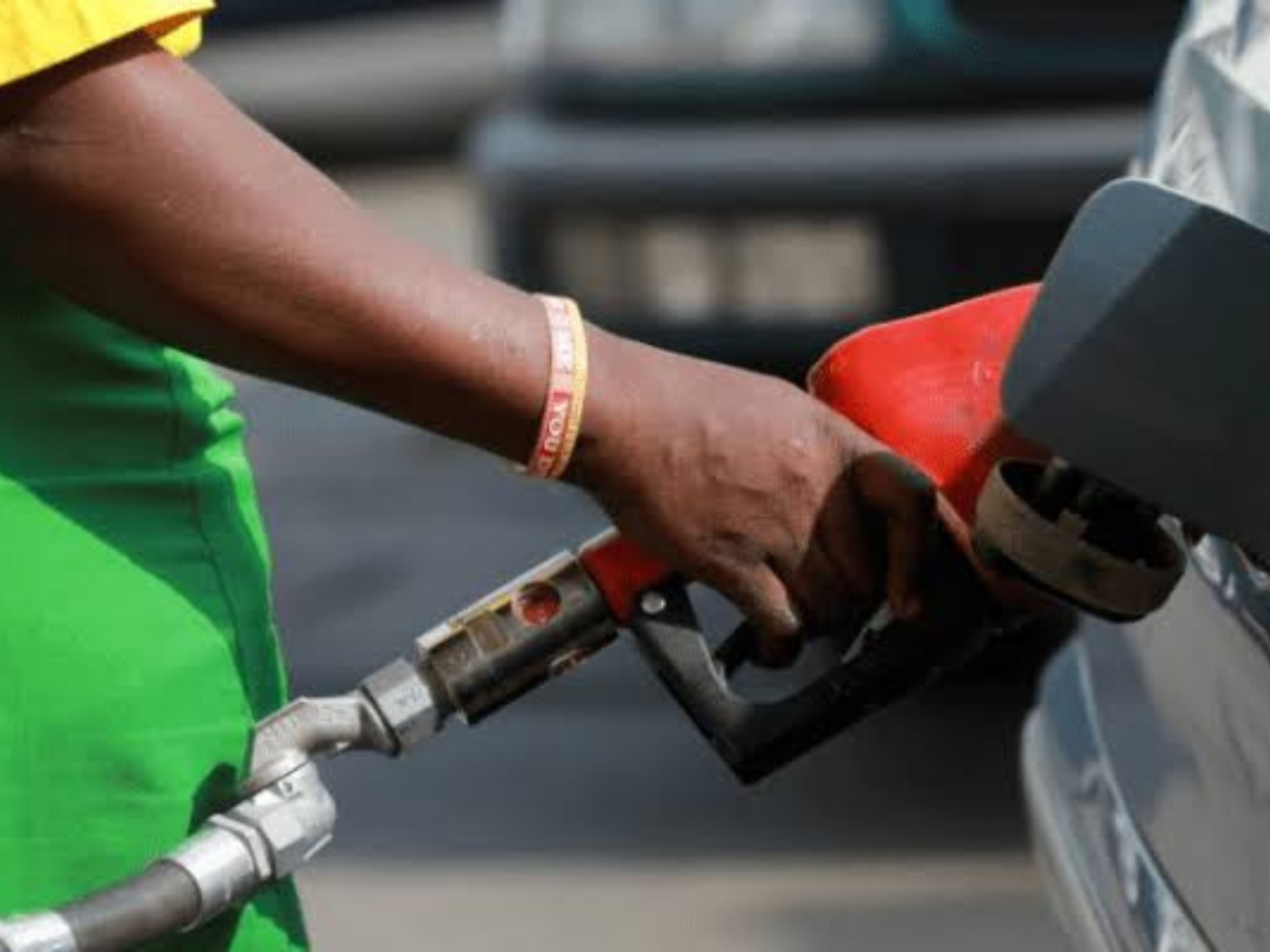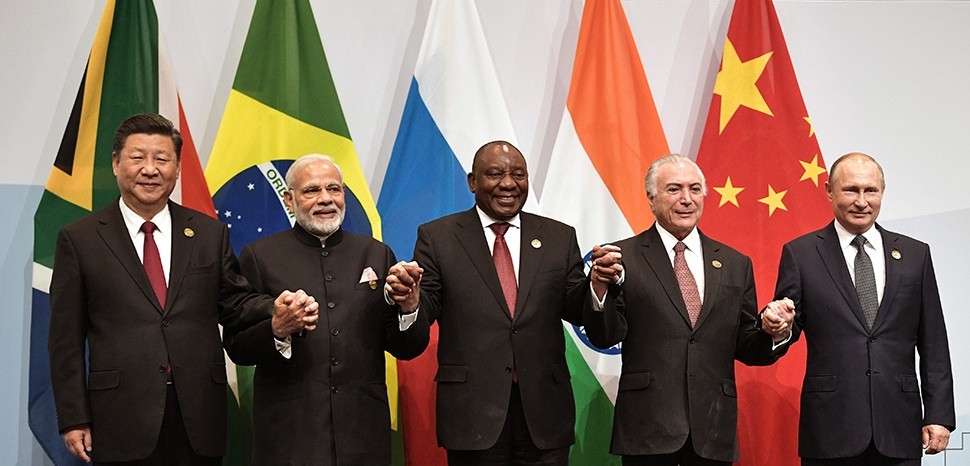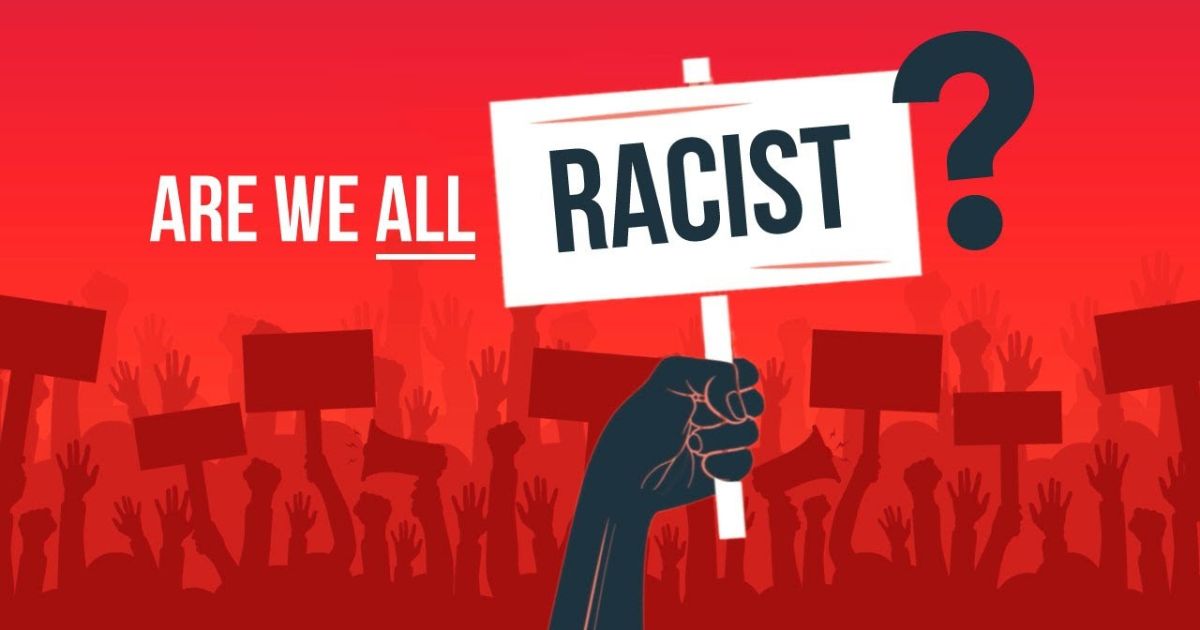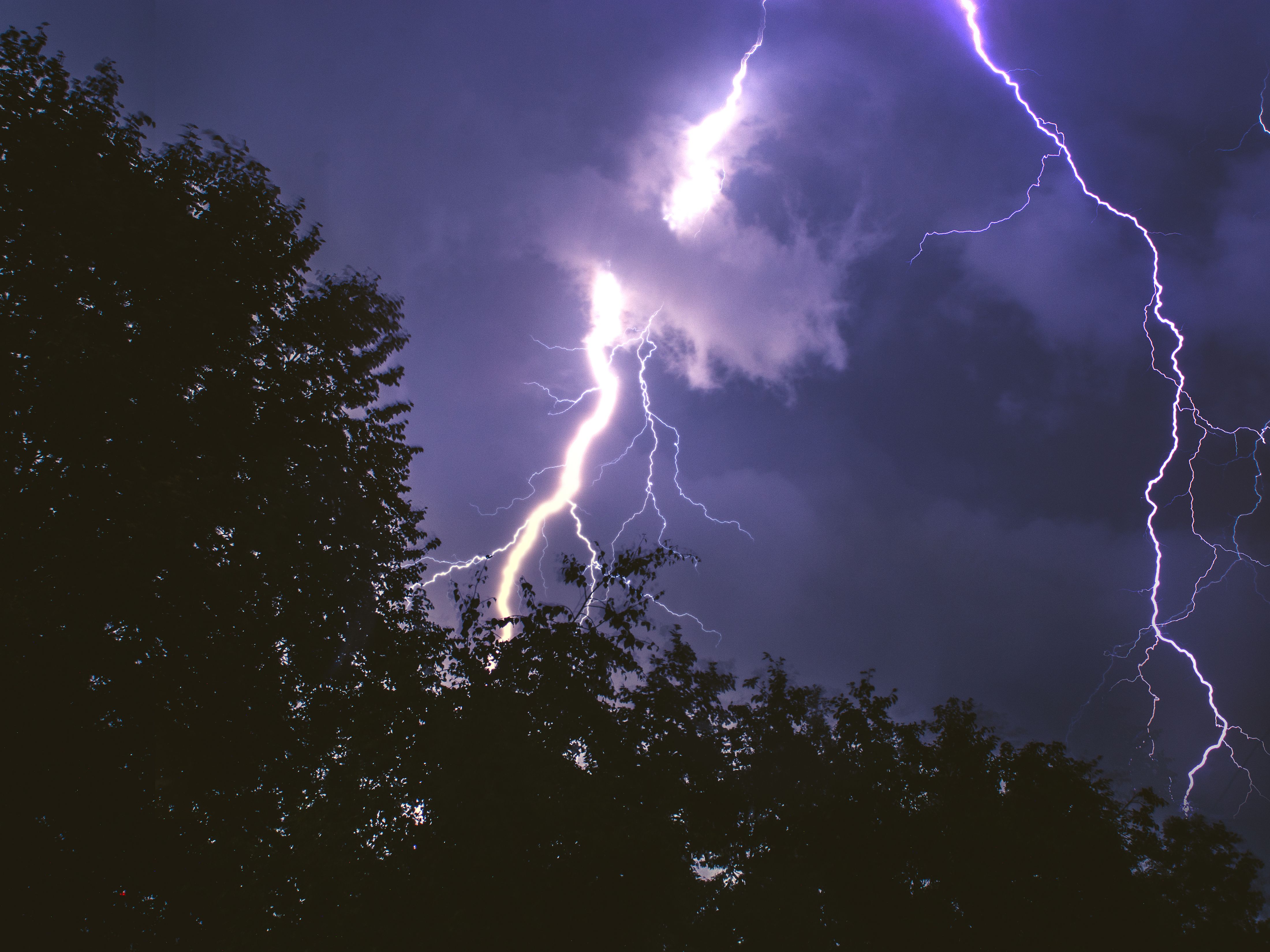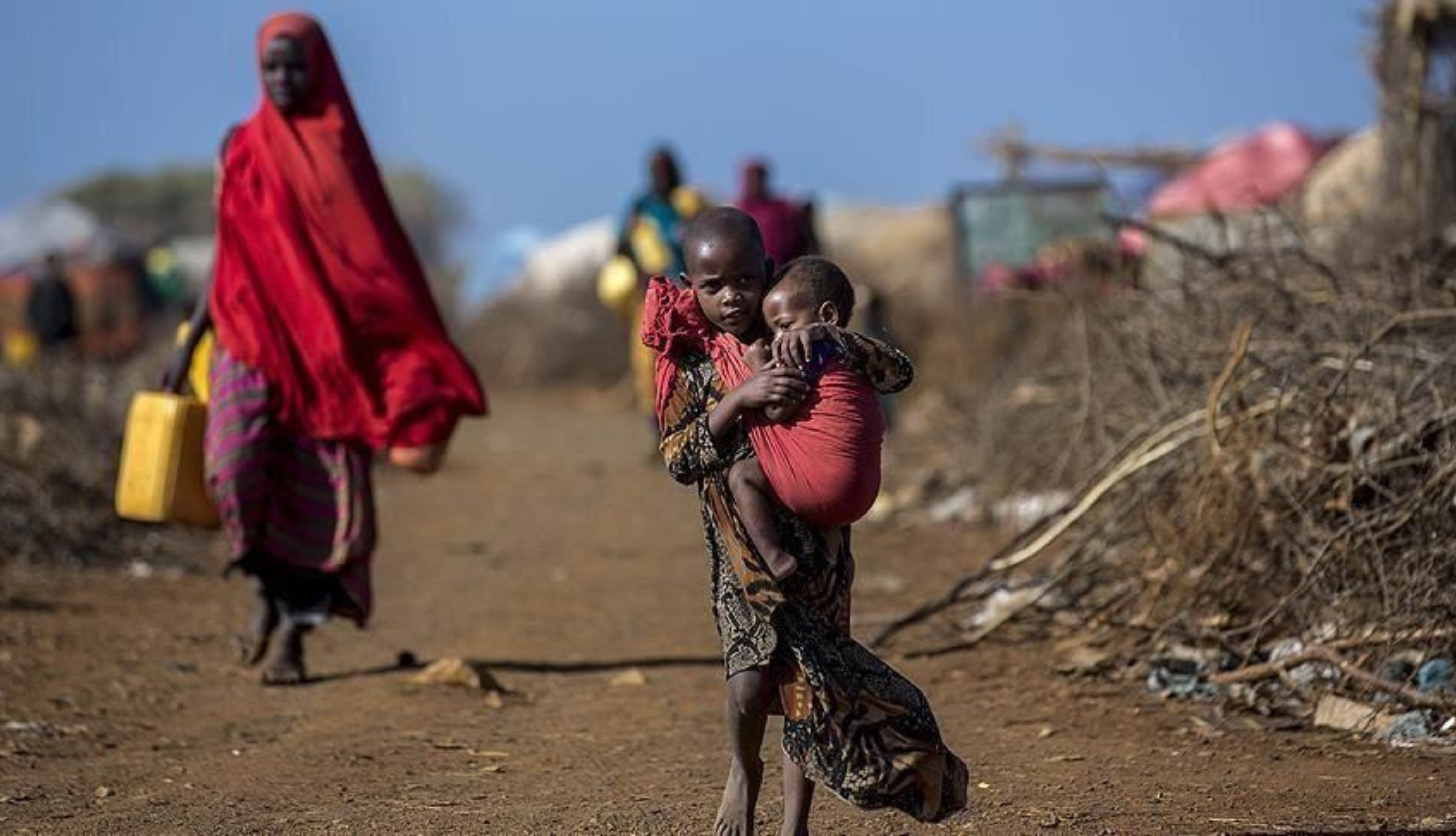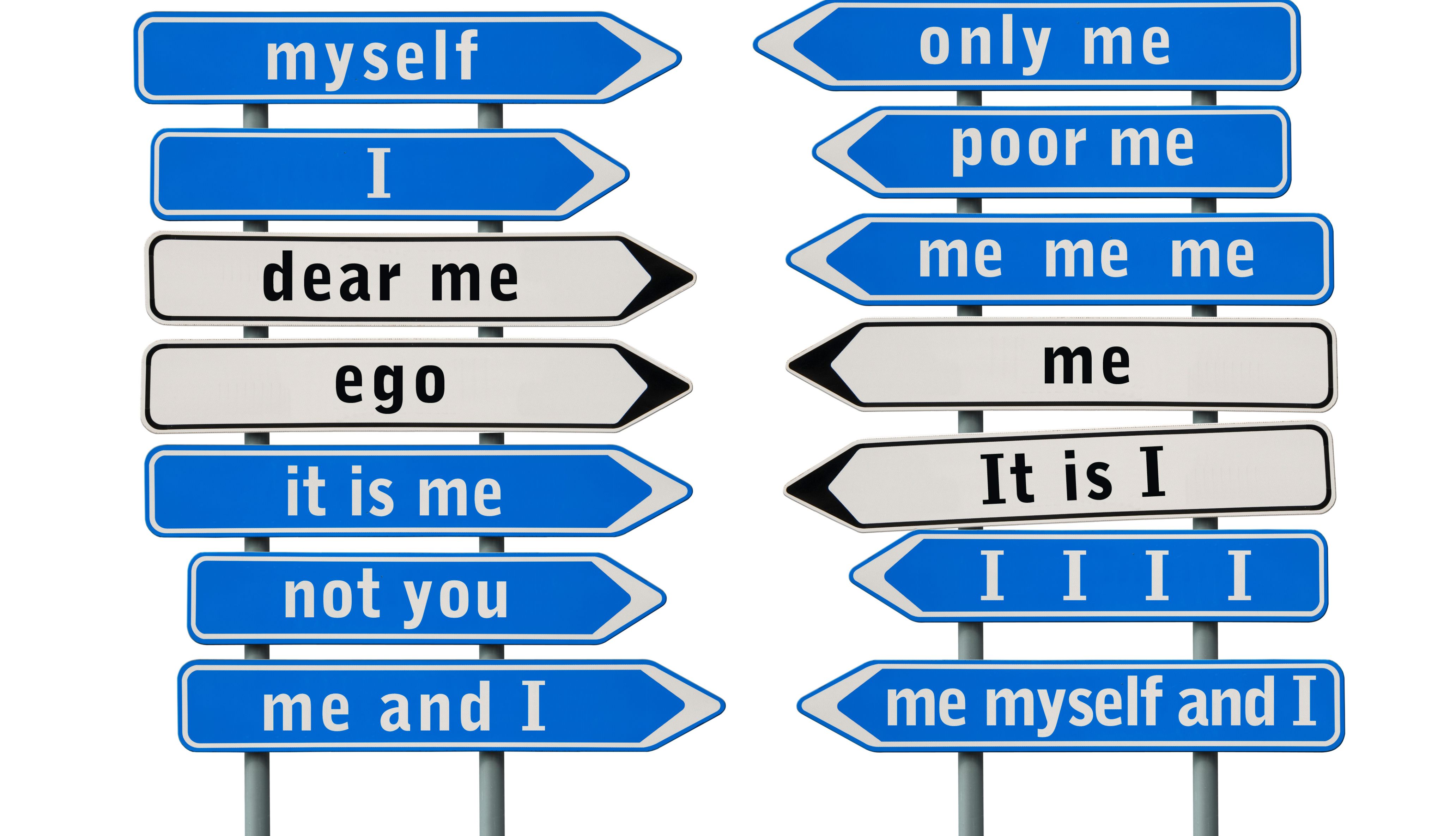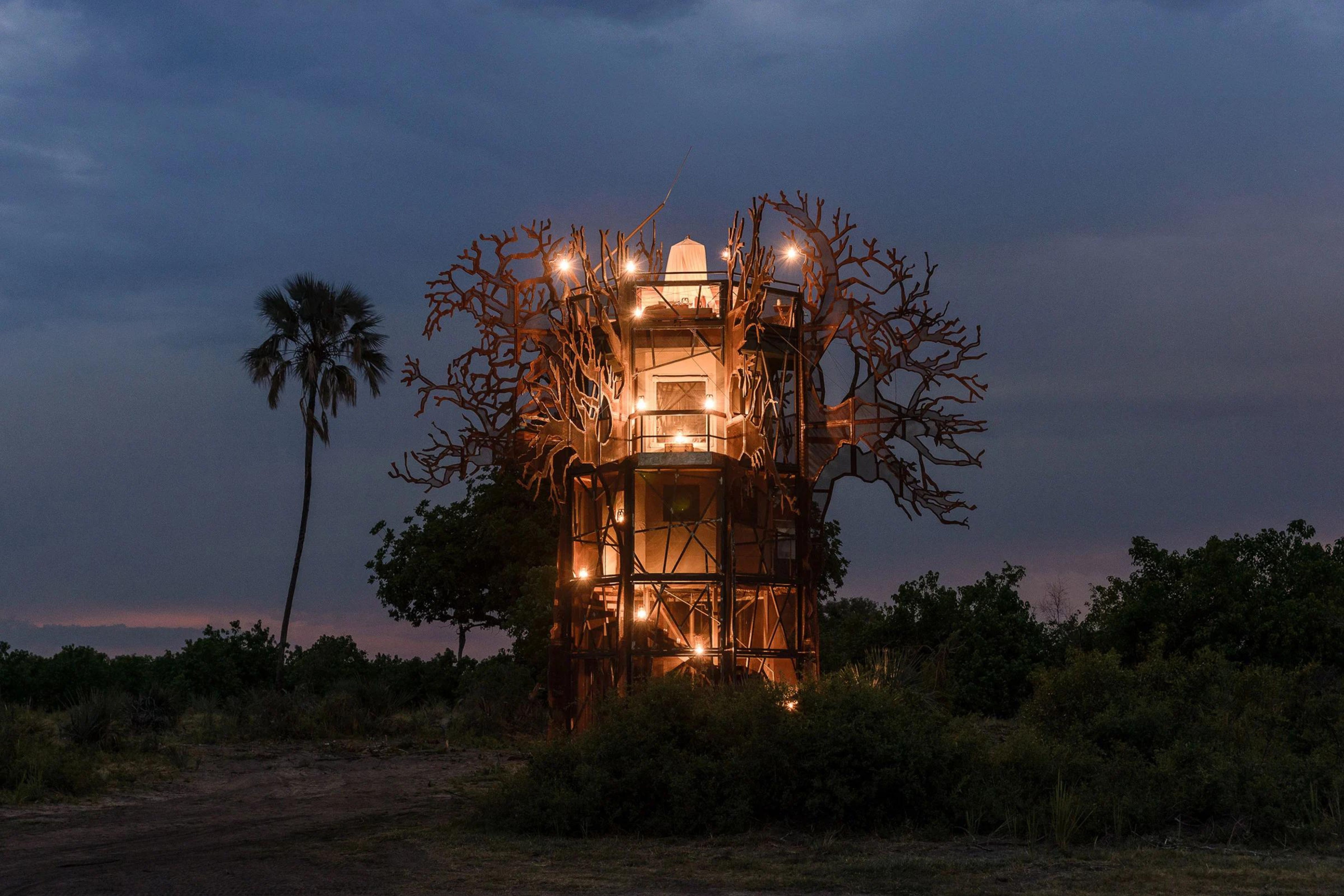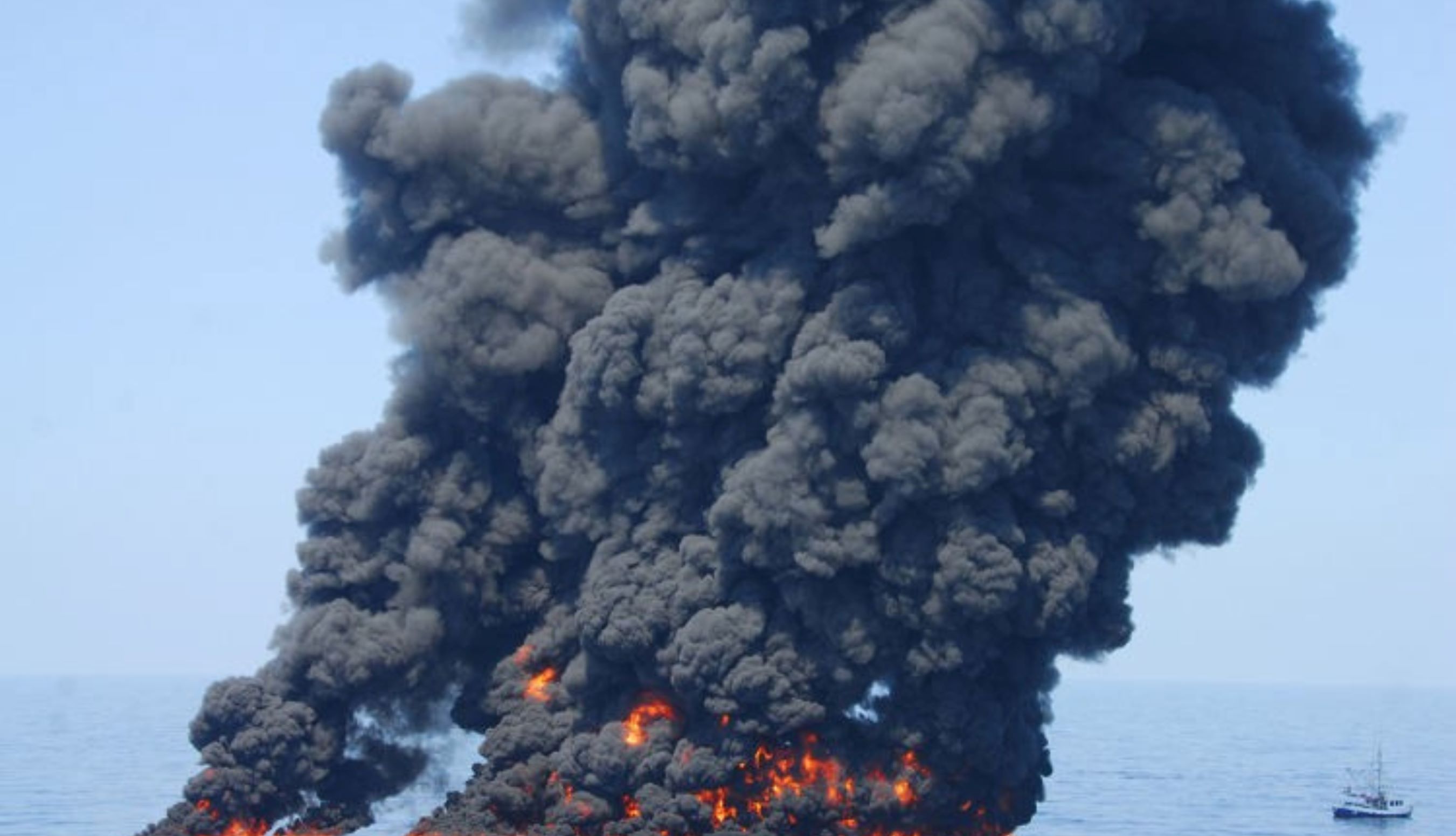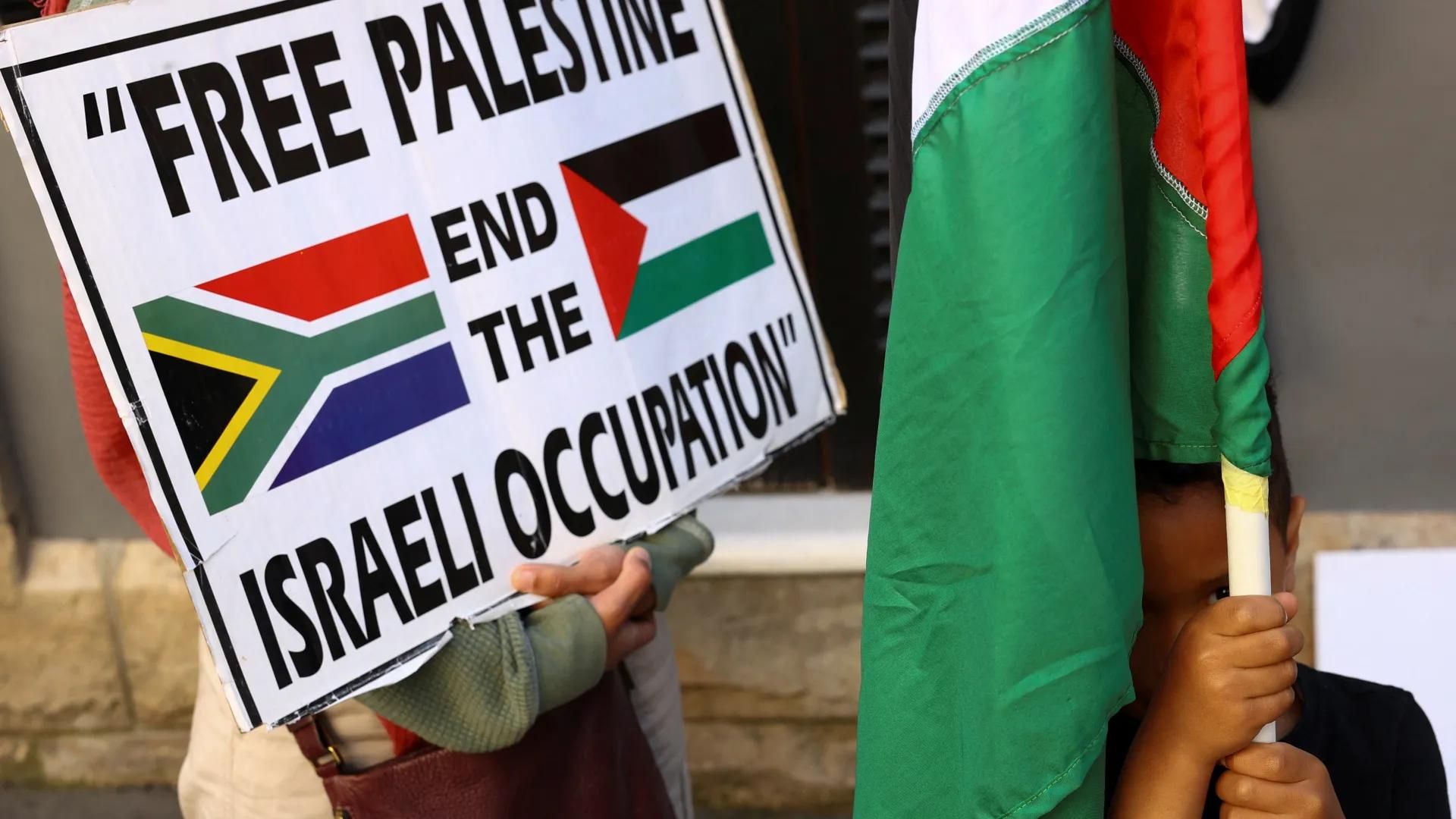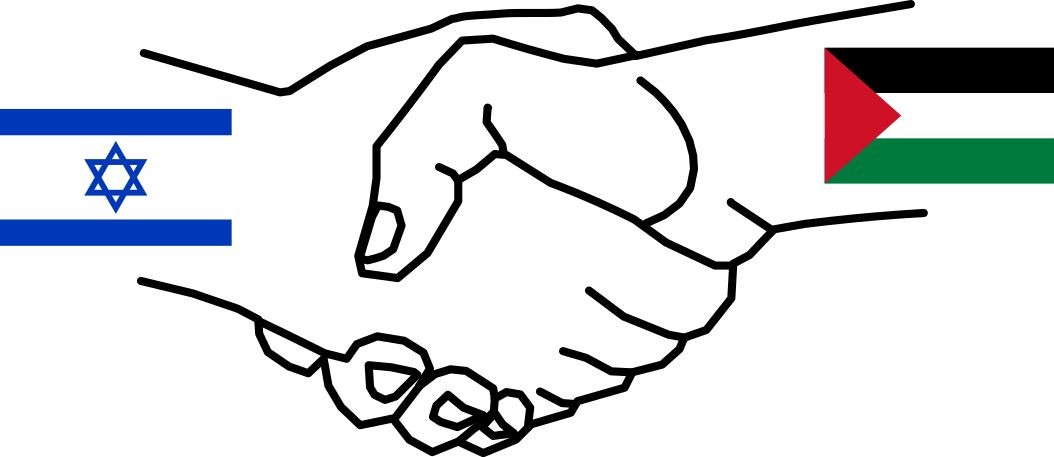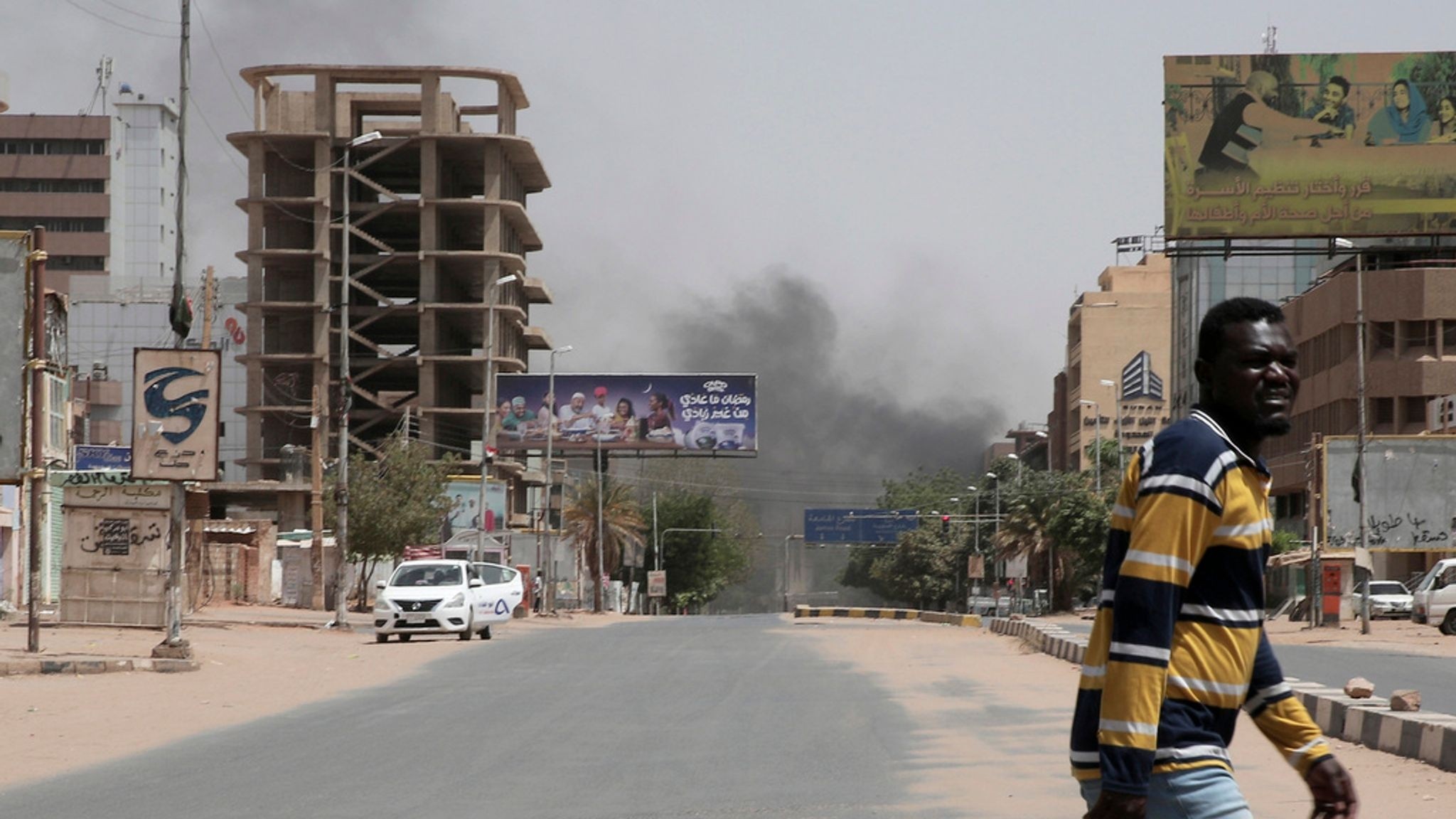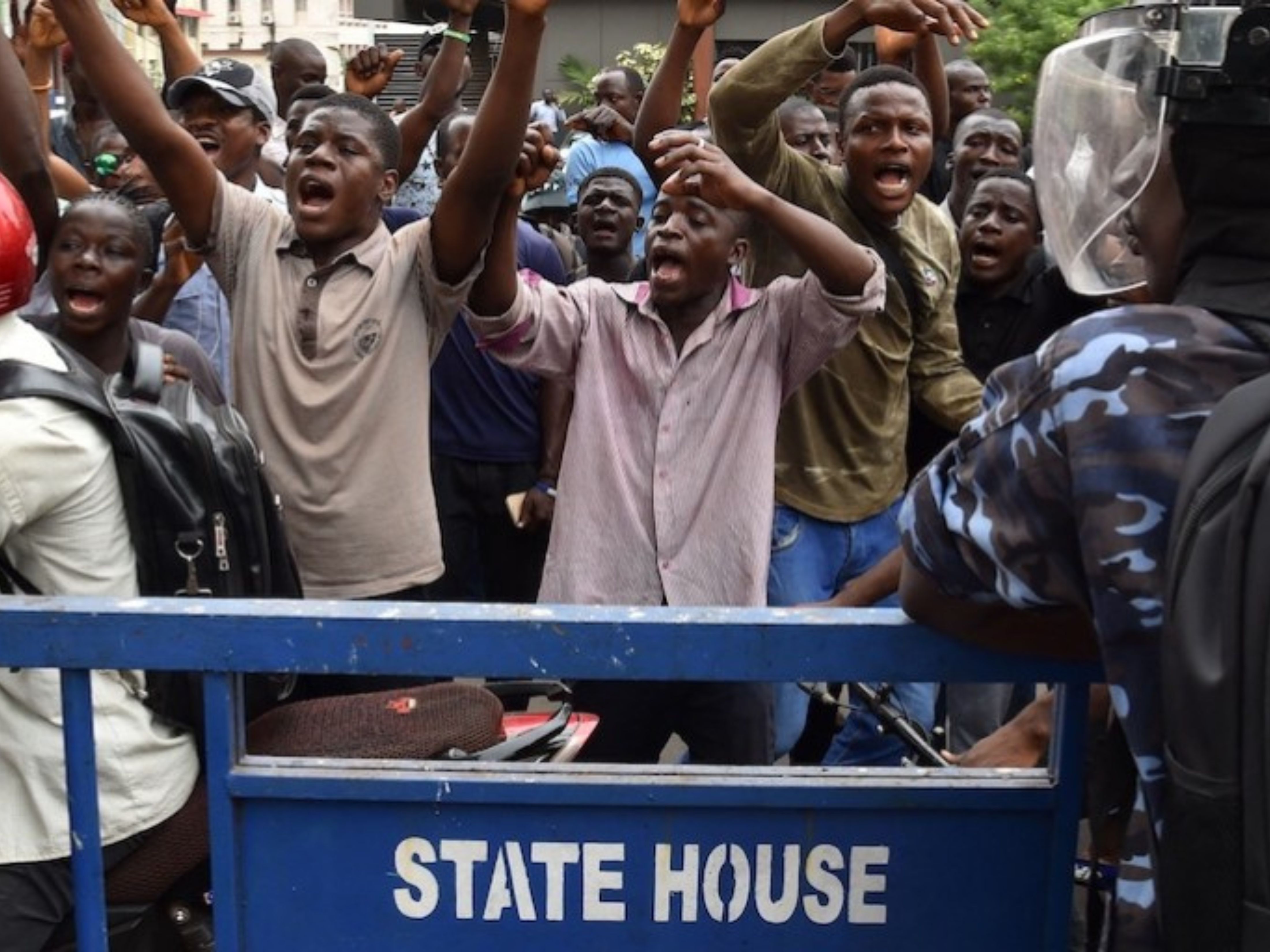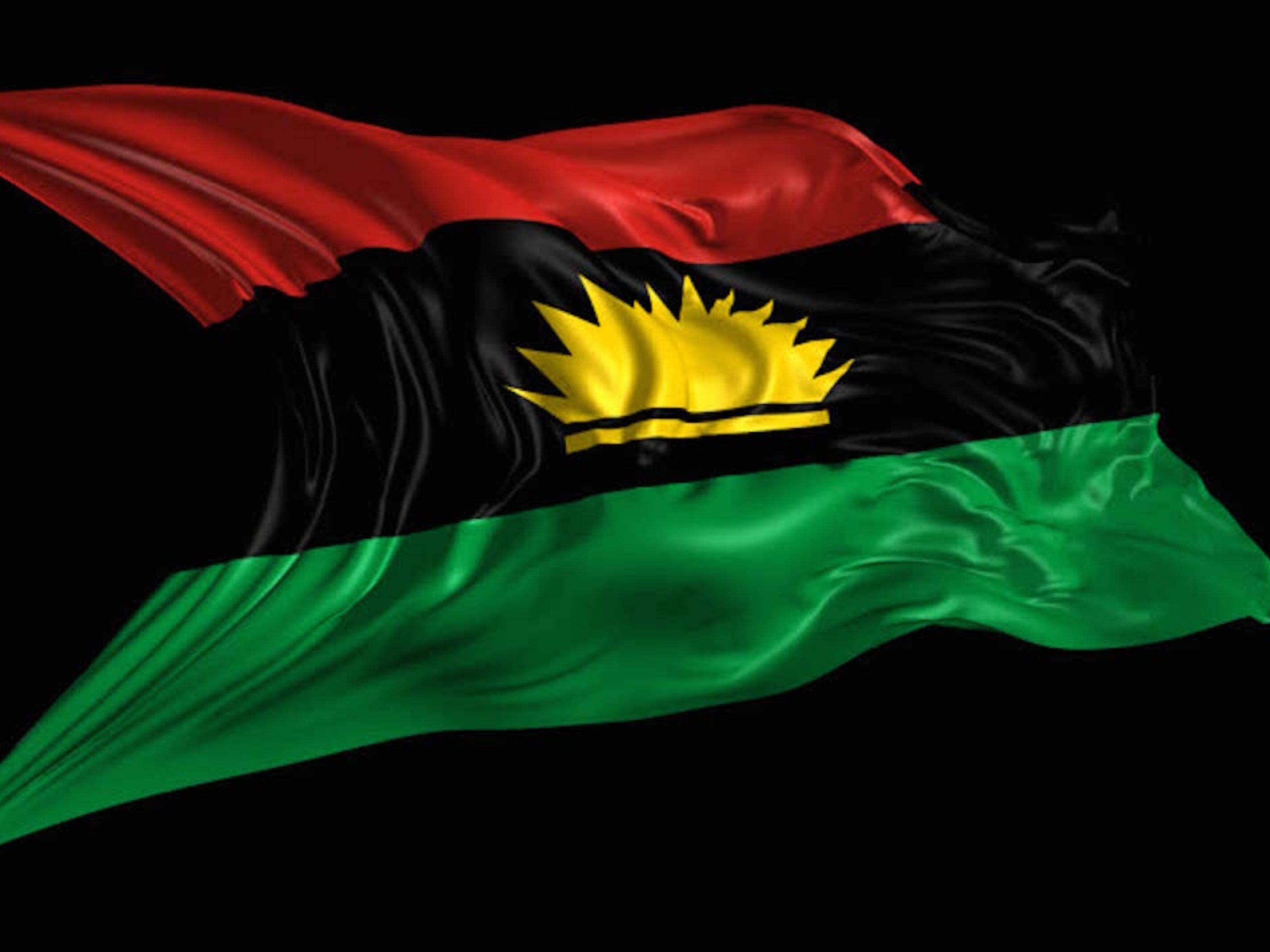The journey to democratic freedom for Sudan seems a long walk from reality. Since the actualisation of Sudan’s self-determination, the East African country has never known peace, and from the bloody civil war to the genocide in Darfur, Sudan, the country’s political trajectory has been limited by several struggles. This article explores Sudan’s struggle for peace and democracy.
Historical Context: Colonialism and Independence
History in Sudan dates back to the pharaonic era when the region was ruled by the Kingdom of Kerma (ca. 2500-1500 B.C.E. ), then the Egyptian New Kingdom (ca. 1500 B.C.E. – 1070 B.C.E. ), and finally the Kingdom of Kush (ca. 785 B.C.E. – 350 A.D.). The Funj sultanate governed central and eastern Sudan from the 16th to the 19th century, while Darfur and the Ottomans controlled the west and east, respectively.
The Ottoman Empire and Funj Sultanate seized much of the old Nubian Empire in the early sixteenth century. The Sudanese slave trade underwent a significant transformation at this time, particularly under Egyptian Leader Muhammad Ali. Again, following the combined British and Egyptian conquest of Sudan in 1898, the British and Egyptians signed the Condominium Agreement to govern the country under its current borders. In the 19th century, the British started to seize control while simultaneously making an effort to end slavery in the area.
The British created a separate administration system for North and South Sudan due to the physical, political, historical, and cultural distinctions. The British passed the 1920s Closed Districts Ordinances to ensure the success of the separate administration strategy. The Passports and Permits Ordinance consolidated this approach and was published in 1922. Passports and permits were needed under this legislation for those travelling back and forth between North and South Sudan. The British strengthened their influence in North Sudan by establishing the state’s administrative and political frameworks.
The North Sudan Advisory Council Ordinance was passed in 1943 to prepare North Sudan for self-rule. Surprisingly, the Khartoum Administrative Conference resolutions of 1946 called for North Sudan to colonise South Sudan rather than create an advisory body for South Sudan like that of North Sudan. At the disastrous Juba conference in 1947, the British betrayal of South Sudan was finally emboldened. The summit was held to tell the South Sudanese leaders that South Sudan would be permanently ceded to its new North Sudanese colonial rulers.
Finally, the 1952 Egyptian Revolution signalled the start of Sudan’s journey towards independence. Egypt’s new leaders, Mohammed Naguib, whose mother was Sudanese, and subsequently Gamal Abdel Nasser, thought that Egypt’s formal renunciation of its claims to sovereignty was the only option to end British rule in Sudan when the monarchy was overthrown in 1953. Furthermore, Nasser understood that Egypt would find it challenging to rule an impoverished nation when Sudan gained independence. The Mahdist successor, Abd al-Rahman al-Mahdi, was nevertheless supported by the British politically and financially since it was thought he would stave off Egyptian demands for Sudanese independence. Rahman could do this, but his administration suffered from political incompetence, which led to a dramatic decline in popularity in the north and centre of Sudan. Egypt and Britain decided to permit both Sudanese regions—the north and south—to freely vote on whether they wanted independence or a British pullout since they both saw significant volatility brewing.
Ismail al-Azhari was elected the first Prime Minister and headed the first modern Sudanese government after a voting process that formed a democratic parliament. The Egyptian and British flags were lowered on January 1st, 1956, at a special ceremony conducted at the People’s Palace, and the new Sudanese flag, made up of green, blue, and yellow stripes, was hoisted in their stead by the prime minister Ismail al-Azhari.
The Roots of Sudan’s Political Struggles
On May 25, 1969, a coup d’état was carried out, and Col. Gaafar Nimeiry, the coup’s leader, was appointed prime minister. The new administration banned all political parties and disbanded the parliament. A momentarily successful coup led by the Sudanese Communist Party occurred in July 1971 due to disagreements between Marxist and non-Marxist members of the ruling military alliance. A few days later, anti-communist military forces installed Nimeiry back in office.
On 30 June 1989, Omar al-Bashir, then a brigadier in the Sudanese Army, led a group of officers in overthrowing the government of Prime Minister Sadiq al-Mahdi and instituting sweeping changes to the country’s democratic system. The new military administration led by al-Bashir banned political parties and instituted an Islamic legal code nationwide. After that, he became the head of state, prime minister, chief of the armed forces, and minister of defence, in addition to his role as chairman of the Revolutionary Command Council for National Salvation. This council was created to have legislative and executive powers during the transition period.
In 1993, when al-Bashir destroyed the Revolutionary Command Council and established the National Islamic Front (NIF) with a new parliament, and administration comprised entirely of NIF members, he proclaimed himself President of Sudan, transforming Sudan into an Islamic totalitarian one-party state. There were five northern regions and three southern regions, each governed by a military governor, and the nation was split in this way from 1983 until 1997. Twenty-six states were established in 1997, replacing the previous regional governance system.
The Sudanese government was accused of discriminating against non-Arab Sudanese in favour of Sudanese Arabs by the Sudan Liberation Movement/Army (SLM/A) and Justice and Equality Movement (JEM) organisations in Darfur, which sparked the Darfur War in February 2003. The International Criminal Court (ICC) in The Hague has subsequently classified the conflict as genocide and issued two arrest warrants for al-Bashir.
The 2019 Revolution and the Fall of al-Bashir
The Sudanese government of Omar al-Bashir and the Sudan People’s Liberation Movement/Army (SPLM/A) signed the Comprehensive Peace Agreement (CPA) in 2005, establishing a Government of National Unity. The 2010 Sudanese presidential election saw Omar al-Bashir reelected; it was the country’s first democratic contest in nine years to feature various political parties. On December 19, 2018, residents of the northern Sudanese province of Atbara set fire to the local National Congress Party (NCP) offices. However, protesters connected these financial troubles to the leadership of longstanding ruler Omar al-Bashir and his dictatorial Inqaz (Salvation) administration. Rising prices and the elimination of subsidies on essential items spurred the demonstrations. Following that, protests demanding an end to Bashir’s military-backed administration and a change to civilian government swept throughout the enormous northeast African nation of 43 million people.
The demonstrations in 2018–19 indicated a change. Less than four months after the protests started, Khartoum, the capital of Sudan, saw a significant increase in their numbers, reaching several hundred thousand. Along with creating their catchphrases, protestors also adapted cries from previous well-known uprisings, such as the Arab Spring’s catchphrase, “The people want the fall of the regime.” They organised a sit-in outside the military’s command centre and pledged to remain there until civilian authority was established in Sudan. When Bashir was forced to resign on April 11 by his internal security team, it seemed the protestors’ tenacity had prevailed.
The Transitional Government and the Road to Democracy
Auf transferred command to Lt. General Abdel Fattah Abdelrahman Burhan the following day. Since Omar al-Bashir’s overthrow, Sudan has been governed by the Sovereign Council, a military-civilian organisation with ultimate authority in the transitional government. The civil head of the government is the prime minister, Abdalla Hamdok.
The sit-in continued after April because demonstrators insisted on a civilian transitional administration despite Bashir’s ouster and Ibn Auf’s replacement. The qyiada’s neighbourhood was turned by residents into a mini-state that provided free healthcare and food, among other amenities. The location became a refuge for artists; crumbling colonial-era buildings were covered in paintings honouring revolution heroes and showing visions of the future; hundreds of stages were built; political activists spoke on them daily; and artists performed there every night.
Following more demonstrations and the slaughter on 3 June in Khartoum, the TMC and the Forces of Freedom and Change (FFC) alliance decided on a 39-month transition plan to restore democracy on July 5, 2019. The transition was halted on October 25, 2021, when the Sudanese military, under the command of General Abdel Fattah al-Burhan, overthrew the government in a military coup. Less than a month later, the transition continued with the Hamdok administration being reinstated. On 2 January 2022, Hamdok resigned amid ongoing demonstrations, and the military regained control.
A new framework agreement for the changeover to a civilian administration was signed on December 5, 2022, by members of 40 civilian organisations, including an FFC delegate. The accord, already a part of the 2020 Juba agreement, required the military to name a new civilian administration with a civilian prime minister. A fresh two-year transition ending with elections would start when the transitional administration was appointed. When the Rapid Support Forces attacked government sites on April 15, 2023, the transition was again halted. As of April 15, 2023, the RSF and al-Burhan claimed control over most significant government facilities.
The Role of International and Regional Partners in Sudan’s Democratic Transition
Since President al-Bashir was overthrown last year, Germany has taken the lead in attempts to mobilise international support for Sudan’s transition process. The generals agreed on a power-sharing arrangement with the civilian forces comprising civil society organisations and political parties represented by the Forces of Freedom and Change (FFC) in August 2019, following mediation by Ethiopia and the African Union (AU).
More so, Akinwumi Adesina, president of the African Development Bank, announced in 2020 that the bank had allocated roughly $115 million in grants for the following three years to finance public sector projects and programmes in Sudan, on top of the approximately $215 million grants given over the previous three years. To combat the COVID-19 outbreak, the Bank will specifically assist Sudan by strengthening its healthcare systems with a roughly $30 million grant.
Recall that Volker Perthes, Special Representative of the Secretary-General for Sudan and Head of the United Nations Integrated Transition Assistance Mission in Sudan (UNITAMS), military leaders, and political actors had reportedly signed a political framework that could lead to the formation of a new civilian Government and democratic elections over a two-year transition period. A significant step forward was, however, taken in October 2021 when the military leadership sent a paper to the Trilateral Mechanism (the African Union, the Intergovernmental Authority on Development, and UNITAMS) outlining their views and modifications to the draught constitution text. He reaffirmed that a group of civilian draught signatories had come together to negotiate with the military and that the two sides had settled on a two-stage political process to restore civilian control. Most participants at the meeting expressed cautious optimism about recent changes on the ground and in the political realm while voicing alarm over outbursts of violence and a severe humanitarian situation. However, everything has stayed the same since then.
The Impact of Ongoing Sudanese Conflict on Humanitarian Efforts: A Look at the Current Situation
Despite the ongoing talks between delegations from both parties, the ceasefire agreements in the Sudanese conflict have repeatedly been breached. The protracted fighting has resulted in a staggering displacement of over 700,000 people, a grave humanitarian crisis that is characterised by limited access to necessities such as food, water, and healthcare.
The situation is particularly dire for women and children, who are often the most vulnerable in conflict situations. They are at risk of being subjected to gender-based violence, exploitation, and trafficking. Furthermore, the lack of access to education and healthcare has long-term implications for their well-being and prospects.
In light of the ongoing conflict, humanitarian organisations have worked tirelessly to provide aid to those in need. However, the continued breaches of the ceasefire agreements have made it challenging for these organisations to provide adequate assistance to those who need it most.
Sudan’s Call for the Classification of RSF as a Terrorist Organization: Implications for Regional Security and Stability
The Sudanese government’s recent call for the classification of the Rapid Support Forces (RSF) as a terrorist organisation is a significant move towards ensuring accountability for the gross violations of international and humanitarian laws, including the use of excessive force against protesters and civilians, torture, and sexual violence. Despite these accusations, the RSF has continued to operate with impunity, with little accountability for its actions.
It is also a move towards ensuring that the group is no longer able to operate with impunity and that its members are subject to the same legal standards as other terrorist organisations. However, the move has also raised concerns about the potential implications for regional security and stability. The RSF has been involved in the conflict in neighbouring countries, and its classification as a terrorist organisation could lead to further destabilisation in the region.
Additionally, the classification of the RSF as a terrorist organisation could have implications for the ongoing peace negotiations in Sudan. The RSF is an essential player in the conflict, and its inclusion in any peace agreement is critical to ensuring lasting peace in the region.
Nonetheless, the need for more effective measures to bring lasting peace to the region cannot be overstated, and the international community, including the UN, AU, Arab League, OIC, and human rights organisations, must remain resolute in their efforts towards achieving this end.
The continued support of Sudan’s democratic development is integral to its stability. However, the prospect for lasting peace, strength, and prosperity in Sudan is hinged on the success of its democratic transition. While the transition process is still under threat, every effort must be directed towards curtailing the excesses of the warring factions.

